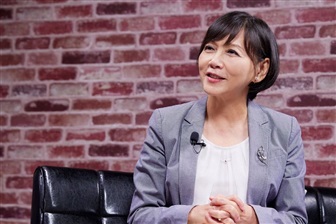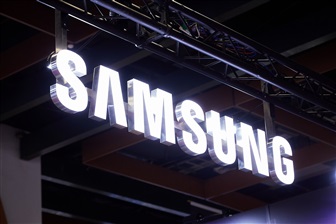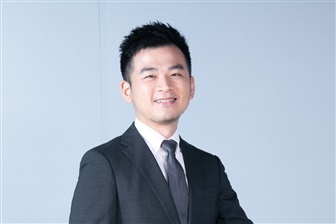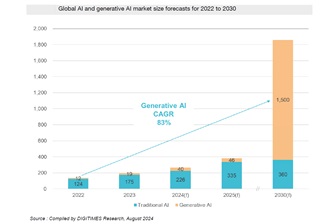Marvell reported strong fiscal third-quarter results with a 6.87% revenue increase, driven by record data center revenue, primarily from custom AI silicon. The company forecasts continued growth in the fourth quarter, with revenue expected to increase by 19% quarterly and 26% year-over-year. Analysts predict that AI sales will exceed expectations, potentially reaching US$1.6 billion.
Merck has fundamentally reshaped its business strategy, evolving over a decade from a display-focused powerhouse into a crucial semiconductor materials supplier. Following its recent acquisition of Unity-SC, the German materials giant plans to rebrand its "Display Technology Solutions" business unit as "Optoelectronics" in 2025. The company's semiconductor segment currently generates 80% of its revenue, marking a dramatic shift from its display-centric past.
Amazon Web Services (AWS) has announced three significant reforms in data center technology, including the streamlining of power distribution and structural design, the introduction of liquid cooling systems, and enhancements to energy efficiency. The company is also collaborating with Nvidia to advance the design of liquid-cooled server racks.
Luxshare Precision, a key Chinese partner of Apple, is expanding its production capacity in Vietnam through a significant enlargement of its Nghe An facility. The workforce is expected to grow from 12,000 to 60,000–80,000, reinforcing its position in Apple's global supply chain.
Megvii Technology, one of China's original "AI Elite Four" which specializes in computer vision and deep learning, announced its application for an initial public offering (IPO) on the Shanghai Stock Exchange Science and Technology Innovation Board (STAR) has been withdrawn.
Super Micro Computer said an independent review of its business found no evidence of misconduct but recommended that the server maker appoint new top financial and legal leadership.
The development of AI robots spans multiple sectors, from smart factories to smart homes and specialized applications. However, for semiconductor giants like Nvidia and Qualcomm, penetrating the industrial sector presents challenges reminiscent of the autonomous vehicle market.
Taiwan's industrial computer (IPC) manufacturers are maintaining their composure despite the ripples sent through global supply chains by Donald Trump's recent announcement of tariff policy changes targeting Mexico, Canada, and China.
Donald Trump has accelerated his cabinet appointments post-election, naming all 15 cabinet-level positions and over 20 key officials within 20 days—outpacing his first-term timeline.
Leading AI companies like OpenAI, Anthropic, and Google are encountering significant challenges in developing their next-generation AI models. Progress has fallen short of expectations, with models like OpenAI's "Orion" and Anthropic's "Claude 3.5 Opus" failing to meet internal benchmarks, resulting in delayed releases.
Both Tesla CEO Elon Musk and Nvidia CEO Jensen Huang consider humanoid robots to be the ultimate chapter in AI development. According to a Goldman Sachs research forecast for the first half of 2024, humanoid robot shipments are expected to exceed 250,000 units by 2030, with nearly all deployments in industrial sectors.
More coverage






